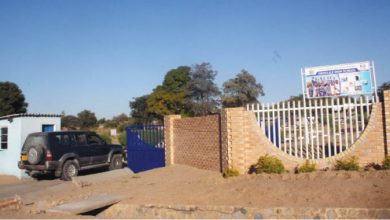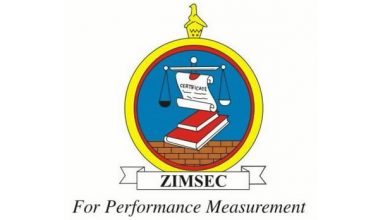NGOs condemn forced mining-induced displacements

Civil society organisations have called for the protection of mining communities from abusive practices by mining companies.
This came out in the latest report from the Publish What You Pay (PWYP) consortium published by Zimbabwe Environmental Law Association (ZELA), Wednesday, entitled ‘No to Forced Mining Induced Displacements.’
A number of communities have fallen victim to ‘forced’ displacements paving way for mining companies and economic development projects deemed necessary by the government.
About 300 Hwange villagers in Change and Nekabandama wards face eviction to make way for Mutagech Investments, a Chinese company, that wants to set up a coal mining project.
The report noted that lack of law enforcement, lack of secure tenure or strong communal land rights, poor implementation and compliance monitoring encourages the private sector to carry out unjust practices with impunity.
“Displaced people usually receive inadequately low compensation for their lost properties and sources of livelihoods. Companies do not implement the promised programs and provision of services,” the report read.
“Administrative control or supervision of mining companies must not be just for formality, but put in practice. Compliance with the Constitutional provision on the prohibition of arbitrary evictions of people from their homes without a court order must always be upheld by the courts and implemented by Government officials.”
The consortium reiterated that community consultations and approvals should be done prior to displacement so that affected communities can give informed consent.
“Communities should decide what they want, and community consent can only be achieved under circumstances of full disclosure and protection of the ‘right to know’. The displacement process must be transparent and all information fully disclosed to the affected parties for them to make an informed decision. Communities can make informed decisions when they have access to information on proposed relocations,” read the report.
“There also should be inclusive, independent, and consultative assessments done to identify risks and include identification of the risk exposure for vulnerable groups more likely to suffer disproportionately from the displacement. They must also have a gendered analysis.”
The consortium emphasised that displacements must have a commitment to prompt, fair, and adequate compensation, or rebuilding of lost assets, particularly infrastructure such as housing or lost public facilities at the new location.
“Displacement plans must be fully implemented and in a proper manner. Mining companies must bear the costs of displacement and must not transfer costs onto the displaced people. The place of relocation must have adequate facilities and services for the people,” read the report.
“A framework must be put in place to ensure the displaced communities share in a project’s benefits. The approach for benefit sharing may include project equity, benefit-sharing arrangements, educational investments for the community, development of micro-enterprises, or social grants.”





